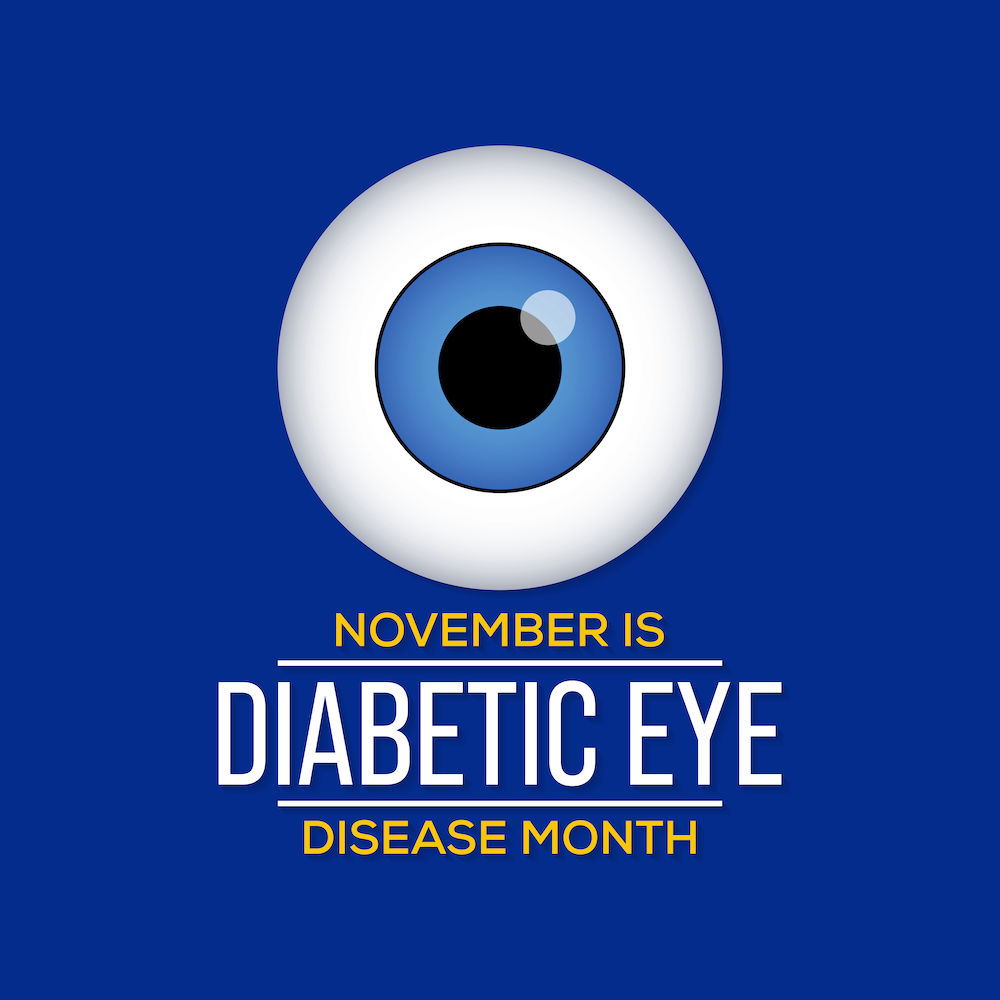
Diabetes is a potentially life-threatening and dangerous health condition. A condition associated with it, called diabetic retinopathy, negatively affects the eyes. The early diagnosis of the complication can lead to a better outcome through treatment.
Diabetic Retinopathy
Blood vessel changes in your retina result in diabetic retinopathy. Your retina is the light-sensitive inner thin lining at the back of the eye. An increase in blood glucose levels damages blood vessels in your retina. Blood sugar or glucose is your primary source of energy. However, too much of it in your blood can harm your body.
Your pancreas releases insulin, a hormone that aids the cells in your body to absorb blood sugar or glucose to give you energy. However, diabetes causes the body to make inadequate insulin or not use it properly. As a result, you get glucose accumulation in your blood.
High levels of blood sugar can harm your body and eyes. Diabetic retinopathy thickens your blood vessels and causes them to leak, resulting in vision loss later. The condition can also cause the growth of abnormal blood vessels in your retina.
The ideal way to protect your eye health and sight is to know more about diabetic retinopathy, what to expect to know the best way to treat it. Read on to learn about the four stages of diabetic retinopathy.
Mild Nonproliferative Diabetic Retinopathy
Background retinopathy is the first stage. Blood vessels in your retina have tiny swellings known as microaneurysms. They can lead to leakage of blood in your retina from blood vessels. You will not have vision problems at this stage. Thus, treatment may not be necessary. Ensure you consult your eye doctor about how to prevent your condition from worsening.
Control your blood pressure and cholesterol levels. Also, get another screening after one year. If you get a diagnosis of the condition in both eyes, it may lead to diabetic retinopathy stage three in three years. The chances stand at 25 percent.
Moderate Nonproliferative Diabetic Retinopathy
Pre-proliferative diabetic retinopathy is the second stage of the condition. Blood vessels in the retina begin swelling. As a result, the changes may change how they transport blood, and your retina begins having physical changes that can lead to DME or diabetic macular edema.
The condition occurs when blood and fluids build up in your macula, a section of your retina. Your macula enables straight vision for activities like driving. It can develop problems if it swells. Approximately 50 percent of individuals with diabetic retinopathy have it. It often happens as the disease continues advancing.
Your eye doctor will recommend regular eye tests after three or six months. Doing so is vital as reaching this second stage increases its risk of affecting your vision.
Severe Nonproliferative Diabetic Retinopathy
The third diabetic retinopathy stage is also known as proliferative diabetic retinopathy. Blood vessels get more clogged in your retina. Thus, less blood gets to your retinas, resulting in scar tissue. Your retinas form new blood vessels due to blood not accessing them.
Macular ischemia results if blood vessels get clogged. As a result, you experience floaters with blurry vision. The risk of losing your vision is high if you get to this stage. It is possible to prevent further loss of vision through treatment. However, your sight cannot come back if you have already lost part of it.
Proliferative Retinopathy
The fourth stage is the most advanced. The retina and the fluid that looks like gel filling your eye grow new thin and weak blood vessels. They are prone to bleeding and form scar tissue in your eye. As a result, you will get retinal detachment when scar tissue pulls the retina away from its position at the back of your eye. The detaching results in blurry vision and can lead to permanent blindness.
For more about diabetic retinopathy, contact Sacramento Eye Consultants at our office in Sacramento or Lincoln, California. Call (916) 915-0300 to book an appointment today.











